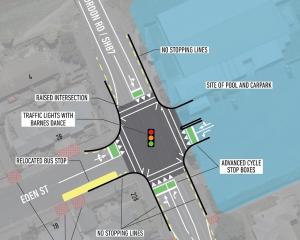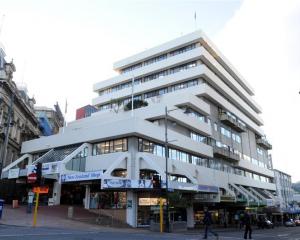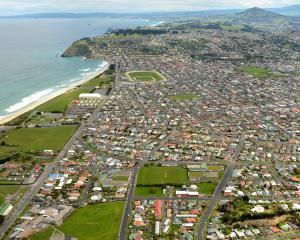Gifting the Dunedin City Council's $65 million social housing stock to a single trust that would own and manage all social housing in Dunedin could be the best way to deal with a growing need for such housing, property advisers have suggested to councillors.
A social housing needs assessment for Dunedin, commissioned by the council as part of its social housing strategy, says up to 1000 extra housing units will be needed in Dunedin by 2031, as the population ages and is less able to afford to buy privately or pay market rental rates.
The January 2012 report from property advisers The Property Group Ltd (PGL) says the expected growth in social housing need is significant, given there are only 2736 social housing units in the city.
The report will be considered at the council community development meeting on Monday.
If Housing NZ Corporation (HNZC) staff numbers and housing stock continued to decline as predicted and the need for social housing increased, the onus on providing social housing would fall on the council, it said.
The council owns 954 social housing units in Dunedin, mostly pensioner flats, and HNZC owns 1483 units. The remainder are owned by 24 other organisations.
The council has capped its housing stock at 1000 until 2016, from when it will add five properties a year until 2031.
PGL said while the sector seemed to perform well in Dunedin, it was fragmented and lacked any clarity of roles.
It was was also unlikely to attract funding as a priority from central government, and needed to be reconfigured to attract new capital and increase its capacity.
It suggested three scenarios:
• Retaining the status quo.
• Consolidating so HNZC's role was reduced and its stock transferred to other providers, and the council and two to five "niche housing trusts" becoming key providers of social housing in the city.
• Establishing a single "Dunedin Social Housing Trust" involving existing providers.
The last option would require all providers of social housing in Dunedin to gift their housing stock to the trust, but would provide the most benefits, because a single trust could attract central government funding as a big provider and could generate sufficient income to fund the 1000 extra housing units needed.
However, for the council it would mean "giving away" the $65 million asset of the social housing portfolio and relinquishing any control of the quality and standard of social housing for older people in the city.
Committee chairman Bill Acklin described PGL's report as a "starting point" for debating the issue.
"I think a lot of councillors will have views on which way it should go."
The declining involvement of HNZC in social housing was disappointing, he said.
"I really think the Government should be stepping up. It's all very well for the council to be committed [to social housing], and they shouldbe, but the amount of things that are put on to councils is becoming ridiculous."
The equity in the housing stock, which was run on a break-even policy, was not returning anything to council, and if it was transferred to a trust and set up and managed properly, he did not see how it could be detrimental to the city's position.
Presbyterian Support chief executive Gillian Bremner said she had not seen the report, but the concept of a single trust was interesting.
It was always a challenge to make social housing financially viable, and it was clear that present funding streams were focused on Auckland and Christchurch, she said.
Without Government support, making social housing work financially would be incredibly difficult.
"There will be a solution, and this will be the start of a conversation about what it is going to take."












